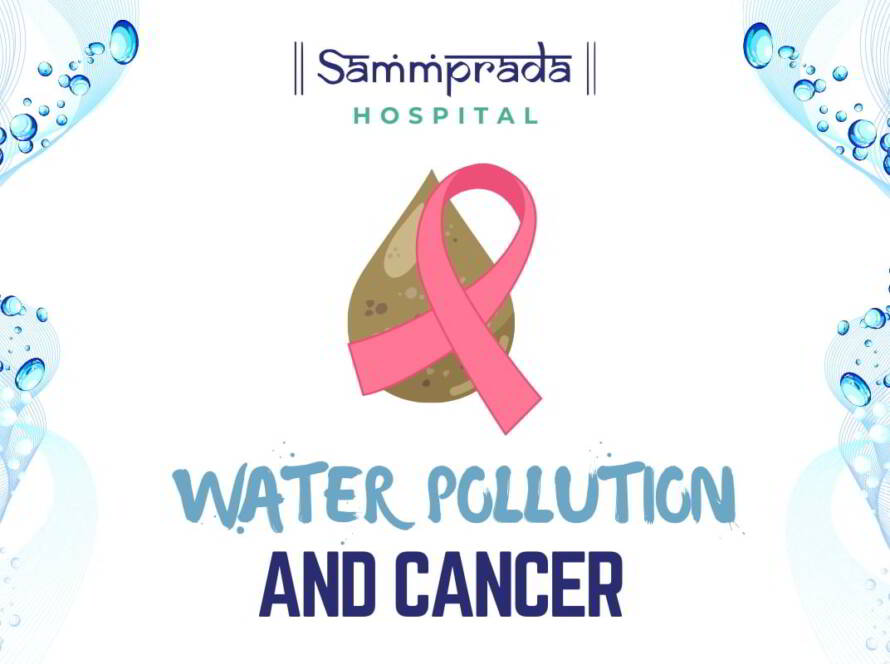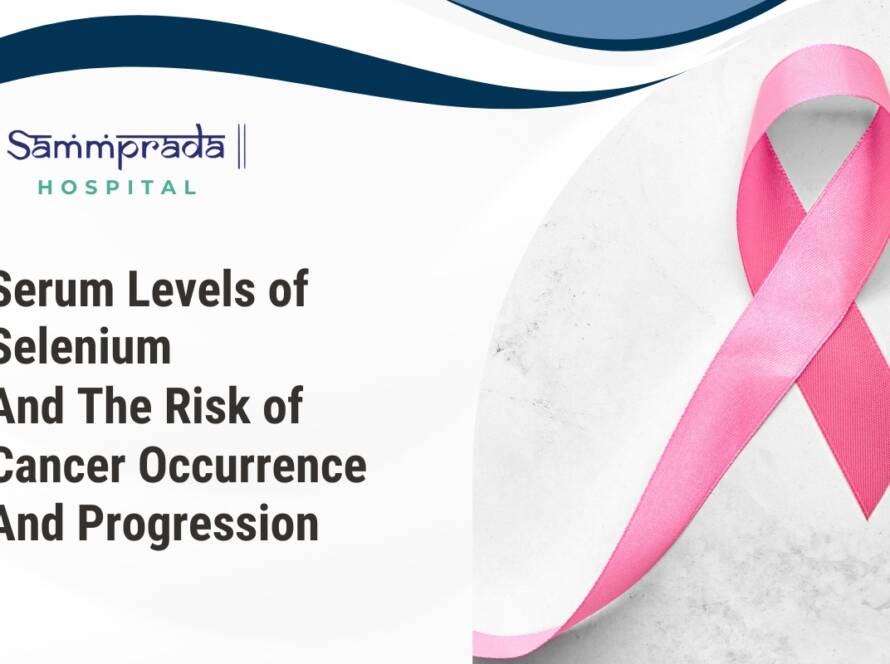Adult vaccines enable the immune system to fight of pathogens, without having to suffer from the disease caused by the pathogen. Vaccination of an individual has beneficial effects on those living around him, by protecting them though breaking the link in the transmission chain. The vaccine may not prevent the individual from contracting the infection, but it will effectively lessen the severity of the symptoms associated with the disease.
Essential Adult Vaccination Guidelines for Optimal Health
Sammprada follows the following immunization schedule for all adults with normal immune status. The recommendation is as per the Advisory Committee on Immunization Practices (ACIP) guidelines from Centers for Disease control and prevention (CDC), USA.
|
Sl. No. |
Vaccine | Type of adults | Already immunized in childhood |
Dose and route |
| 1 | Td | 18 to 64 years | booster dose of Td vaccine once every 10 years till the age of 65 years, | 0.5 cc IM |
| 2 | Influenza | All age groups, to be given every year | Oct-Nov period is advised | 0.5 cc IM, inactivated vaccine |
| 3 | Pneumo-coccus | For all >65 yrs, <65 yrs who are at-risk | Single dose PPSV 23 for (pneumococcal polysaccharide) those earlier immunized, followed by PCV 1 year later.
For unimmunized, PCV13 (protein conjugate) followed by PPSV23 after 6 to 12 months. |
0.5 cc IM |
| 4 | Zoster | >60 years, Single dose, live attenuated | 0.65 ml SC in deltoid |
For High Risk Adults:
|
Sl. No. |
Vaccine | Vaccine |
Dose and route |
| 1 | Hep B | Recombinant | Single dose, 0.5 cc IM. For unvaccinated individuals, dose is 20 µg given in the periodicity of 0,1,6 months and a booster after 5 years. |
High-risk individuals include those with COPD, CKD, cardiac or lung diseases, hepatic or metabolic diseases (such as diabetes), hematological conditions, pregnant women, residents of nursing homes, healthcare personnel, household contacts of children under 5 years or adults over 50 years, individuals with diseases that impair respiratory functions, and immunosuppressed individuals. High-risk individuals should avoid live vaccines.


